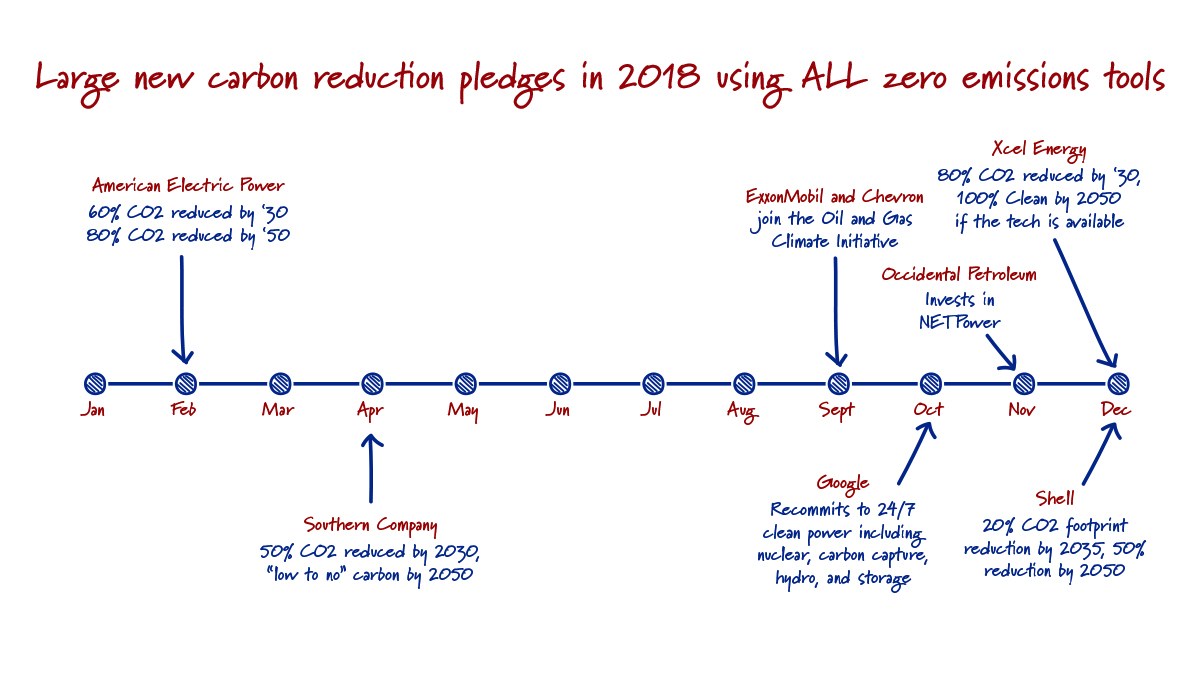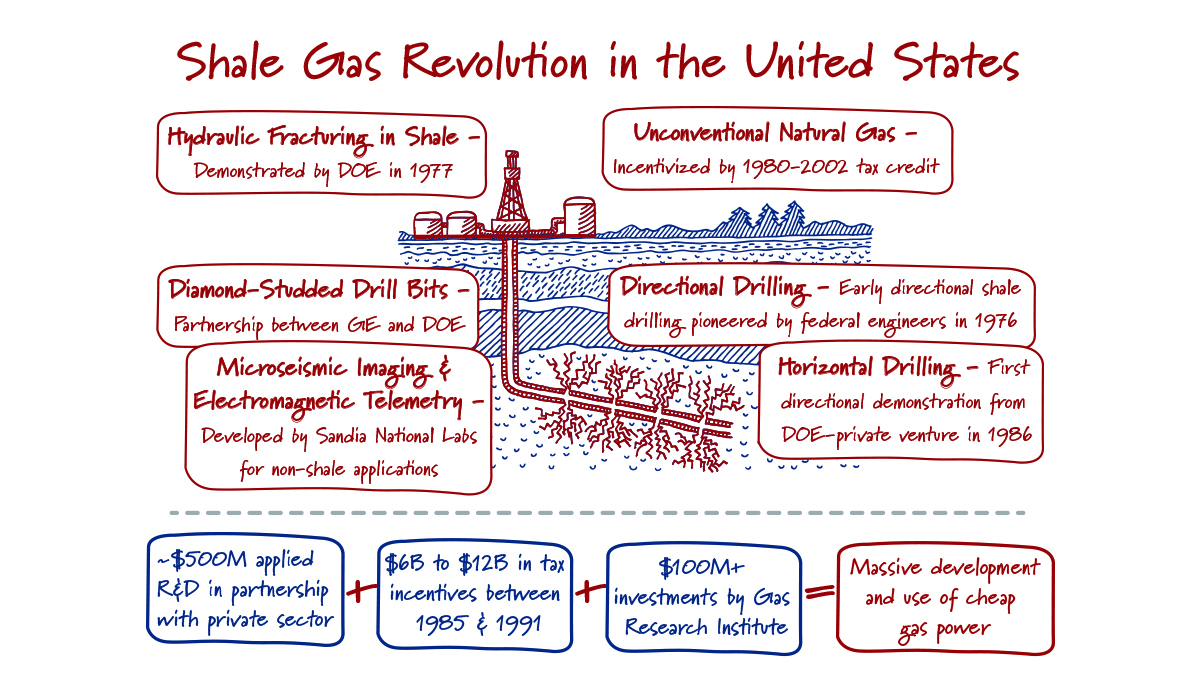
RESTARTING THE CLIMATE CONVERSATION WITH INNOVATION
Any real progress on climate change, clean energy and innovation especially in divided government will depend on a politically realistic and technologically inclusive agenda built on pushing zero-carbon and low-carbon technologies around the world.
“At the end of the day this is a technology challenge,” ClearPath Founder Jay Faison said alongside other business and energy leaders at an innovation event Thursday hosted by the Bipartisan Policy Center.
One big solution to how to commercialize clean technologies that scale faster, perform better, and are cheaper than higher-polluting alternatives: “Goals, goals and goals.”
“If we have more focus and alignment around resources, we can do more with less,” Jay added.
But in order to achieve the goals framing a serious climate strategy, there must be recognition of what’s at stake. “You can’t talk about the problem, it’s kind of hard to set the goals,” Jay said.
What’s changed is that climate change and clean energy is beginning to seep back into the national debate.

Others on the panel – Southern Company CEO Tom Fanning, Shell Chairman Chris Holliday, American Air Liquide Holdings CEO Michael Graff and Former Aerospace Corporation CEO (and current Chevron board member) Wanda Austin – said those companies have begun to directly link long-term compensation for senior officials to meeting their goals of reducing carbon emissions. “And then the organization says, ‘I guess they’re serious because they’re putting their pay on the line,’” Holliday said. Fanning added that Southern’s decision to start doing that this year “is going to move the ball.”
But he added that existing technologies are “far short than what we need,” using as an example the “miracle” directional drilling and hydraulic fracturing has done for shale gas production.

Going beyond lithium ion for energy storage and batteries and spurring next-generation carbon capture technologies are part of the solution, he said. “This needs to be a moonshot imperative of the United States,” Fanning said.
Jay reminded that last Congress saw incremental but important clean energy wins – including robust and targeted investments, Department of Energy goals for storage and advanced nuclear and fixing the tax code for carbon capture. “We focus on singles and doubles that build trust and a little bit of muscle tissue to get these things done,” he said. “Let’s have some big conversations but meanwhile let’s don’t forget the singles and doubles that will get us there.”
WHAT WE’RE READING
|